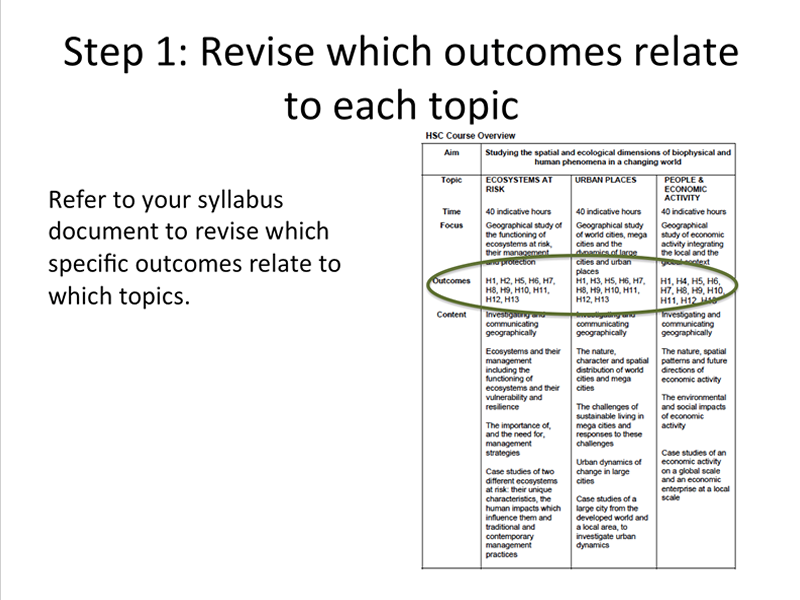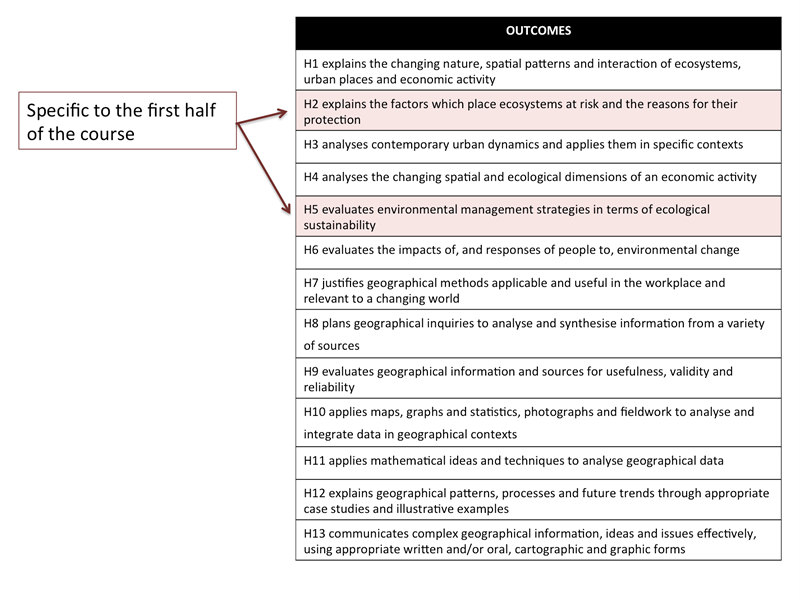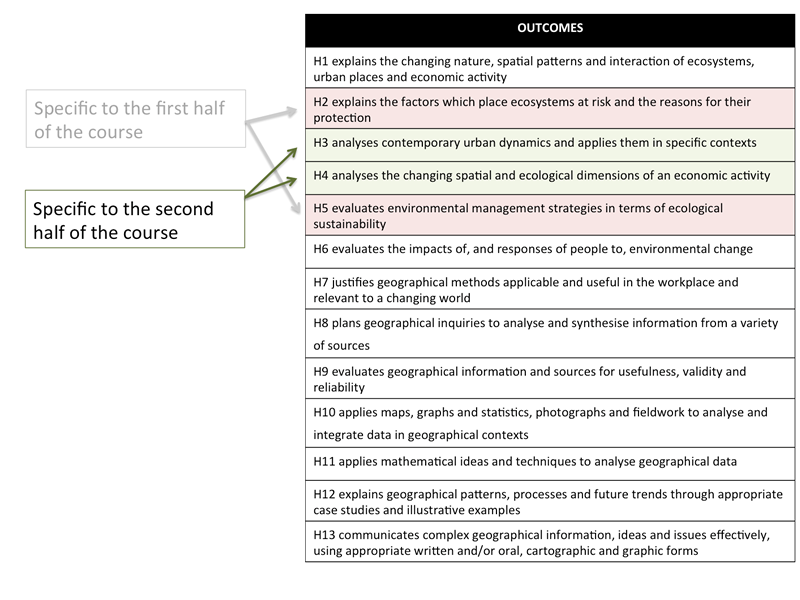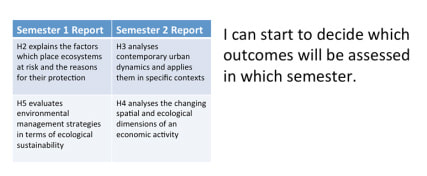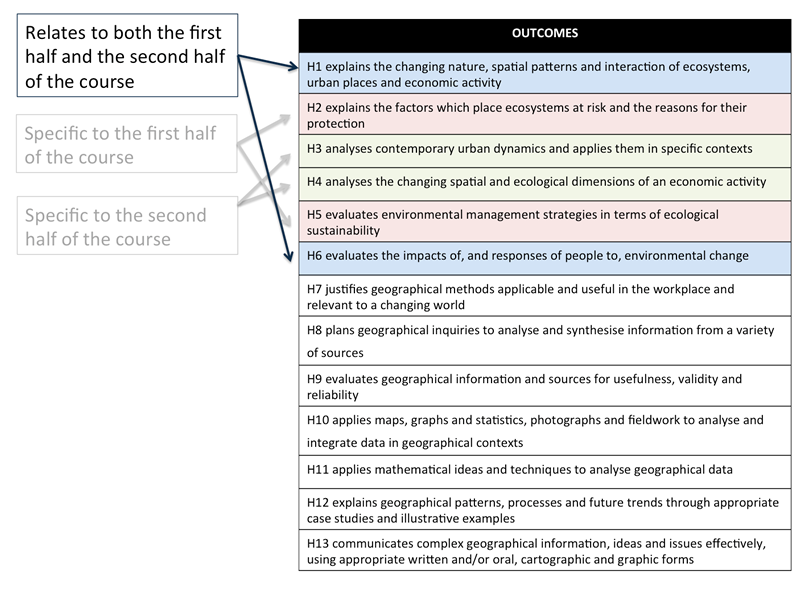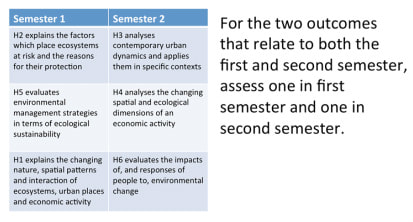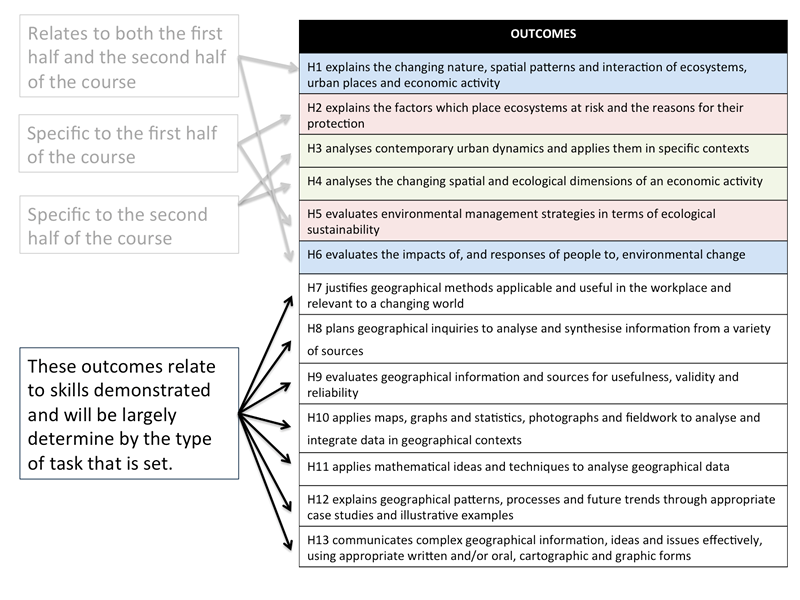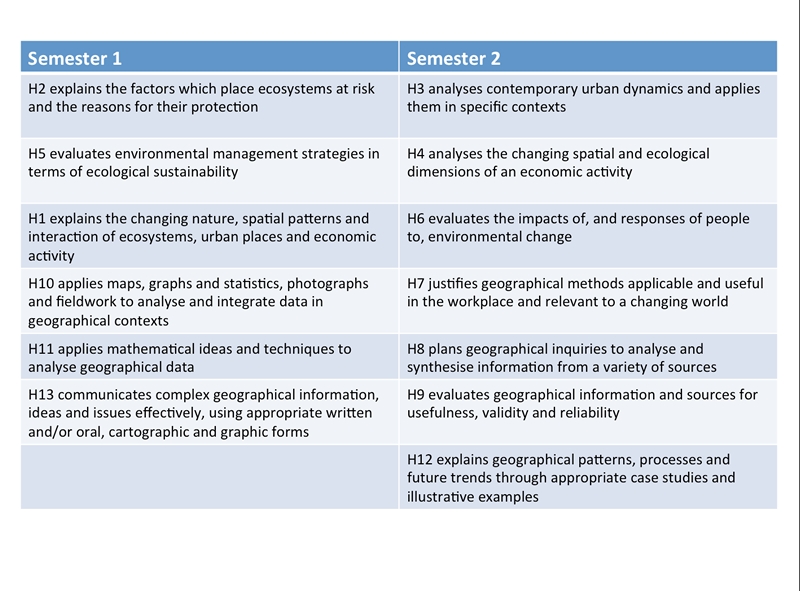|
Program Builder is a new interactive tool to assist staff in writing new programs. It enables you to drag in different elements of the syllabus to create programs quickly and easily. Program Builder can be found on the Board of Studies website.
0 Comments
Professional Learning Examine the Your school and the History 7-10 syllabus online course. You will need to be logged into the DET portal to gain access, alternatively from the staff portal (staff.det.nsw.edu.au), click on Curriculum resources, click on AC - NSW syllabuses for the Australian Curriculum, and then click on Professional Learning.For help accessing the courses, view the access guide. Teachmeet AC History 2013 is going to be held on May 1 at the State Library from 4pm. This is a free event. Where are we up to? The Board of Studies has finalised the NSW syllabus K-10 for History. In 2014, the new syllabus is to be implemented for years 7 and 9. In 2015, the new syllabus is to be implemented for years 8 and 10. Syllabus and programming Board of Studies syllabus 7-10 Sample scope and sequences Differentiated programming History 7-10 Guide Resources Sample units of work DEC resources You will need to be logged into the DET portal to gain access, alternatively from the staff portal (staff.det.nsw.edu.au), click on Curriculum resources, click on AC - NSW syllabuses for the Australian Curriculum, and then click on Resources. Alternatively you can search for the resources on Tale. Syllabus Bites: Explore a source Syllabus Bites: Ancient India Resources from ABC Splash Resources from Asia Education Foundation Resources from the Department of Veteran Affairs For the information on student reports to be meaningful we need to: - report on all outcomes - ensure that our assessment of each outcomes is not based on only one assessment - use a combination of formal and informal assessment types - ensure that assessment schedules reflect the skills and content required by the Board of Studies. So how do we make outcomes-based reporting meaningful without making it overly complex? The first thing is to review the syllabus and ensure that you are familiar with suggestions and guideline form the BOS. This includes what types of assessments, how many assessments, weightings, etc. Obviously different subjects will have different components, each process will be different, and individuals will approach it in different ways. Below is a step-by-step breakdown of the process followed in determining which outcomes were to be assessed for each task in Year 12 Geography. You might find it helpful to refer to when reviewing your subject. An important factor is to be aware of when your reporting periods are. Make sure that those outcomes and tasks that you've allocated to Semester 1 and Semester 2 will actually fall within the reporting period allowed by the school. Step 2: Try to divide up your outcomes logically into two semesters. In some cases this will be really easy, as some of the outcomes will automatically fit with particular topic content or skills, in other cases it won't be so clear cut. Step 3: Examine the outcomes which don't fit neatly into one topic. There may be outcomes which cross over topics. In this case there are two outcomes which fit across all topics. I have chosen to assess one of them in Semester 1 and one in Semester 2. Step 4: In many subjects there will be outcomes related to skills, practical elements, fieldwork, etc, that don't fit directly into any particular area. You have the freedom to choose where it is best to assess them. If so, where to place them will be largely determined by the type of task you choose to use in your assessment. It is not until after you've made the decision about task type that you can decide which of these outcomes will be reported on for which reporting period. To work this out it is often best to group outcomes which have similar themes. For example in geography, there are several outcomes based on fieldwork, several based on geographical skills and several based on research. If you group these together and assess them in one task it can be easier to decide what type of task you will use, which topic you'll assess them in and so which reporting period. Keep in mind that you won't want to be assessing all the outcomes when it comes time to complete your semester report, so try to organise it so that you assess similar outcomes in similar reporting periods. Step 5: Check your mapping
By this stage you have got your outcomes divided into semesters. Ideally for the outcomes that you'll be reporting on you want to have assessed each outcome formally twice. You will also assess the outcomes informally in your classes. In the case to the right the outcomes which are reported on in each semester are highlighted in pink. The outcome H1 was reported on in Semester 1. It was also reassessed in Semester 2. You could choose to report on this same outcome again, however in the case on the right it has been left out of the report in the second Semester. |
Categories
All
Archives
May 2024
|
